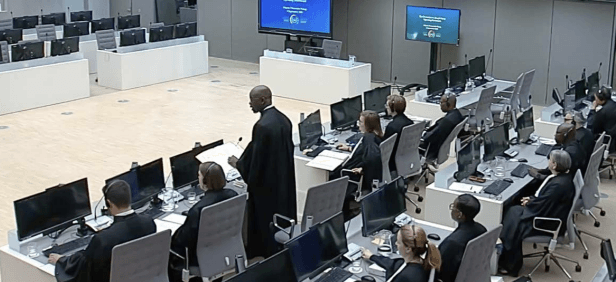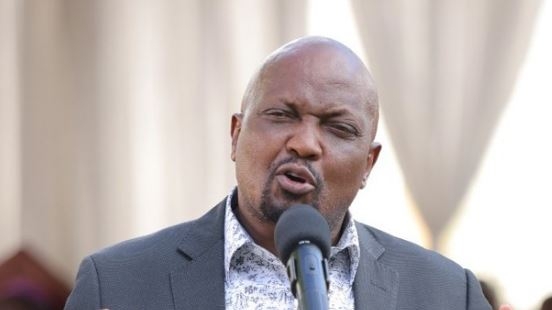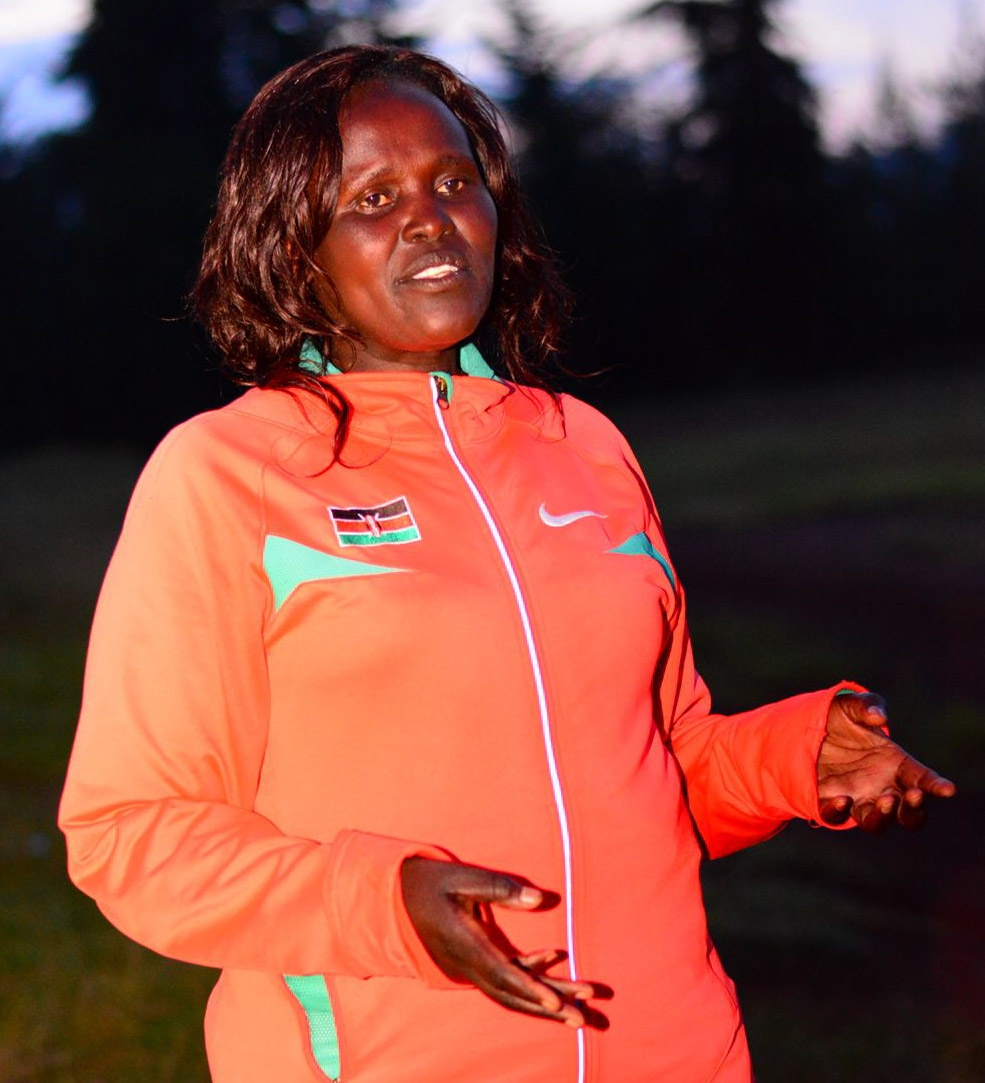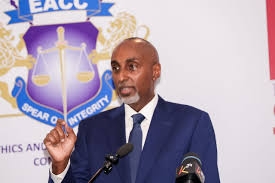Ethics and Anti-Corruption Commission chairperson Bishop David Oginde has said there is a need to reduce the checkpoints in the process of prosecuting corruption cases.
Proposing that the EACC gets prosecutorial powers, Oginde said this will help fast-track the process and help save resources involved.
He listed two ways in which the anti-graft commission can get these powers, including a review of the ethics and anti-corruption act.
"One is to go through the review of the ethics and anti-corruption act which gives us mandate so that prosecution is added to our mandate," he said.
Oginde was speaking during an interview with TV 47 on Monday.
He said the aforementioned option requires legislation and said the Commission was hoping to pursue its alternative, which does not involve the parliament.
This will involve the Office of the Director of Public Prosecution (ODPP).
"This is in the sense that they could actually second their officers to EACC so that we have an office of prosecution," he said.
The Chair clarified that they will not be part of EACC but rather still under the ODPP, only situated within the Ethics and Anti-Corruption Commission.
This, he added, will help in processing their work at the same time.
Oginde said this is not a new idea, pointing out that it has been done within the health sector where the National Health Insurance Fund (NHIF) has offices in major hospitals.
"That kind of thing can happen so that we have an office of the DPP within the EACC. They are not part and parcel of EACC but our files can then be processed through that office much faster," he said.
Oginde said the Commission was deliberating forwarding the idea to the incoming DPP Renson Mulele.
He explained that there is a rigorous process involved in file processing at the EACC before they are forwarded to the ODPP, who also goes through the files and assesses the evidence.
Instead of having a two-step processing of files, if officers from both the ODPP and the EACC could be situated at the same location and work together, the process would be much faster and easier.
"That can be one process where these people sit together, the ODPP officers can say 'this will not go through, let's look for this or that', that can the process to move forward," Oginde said.
Oginde said the judiciary has done a similar thing, to fast-track the solving of corruption cases and reduce the backlog.
This is through the creation of anti-corruption cases.
"That greatly helped. But now because there are specific courts that deal with corruption cases, there is a level of efficiency," he said, adding that there is a need to increase these courts.
"That is why we are asking, can the law either be amended to five EACC prosecutorial powers so that our cases are processed."
The EACC chairperson added that the cases will still go to court for the final determination.
















